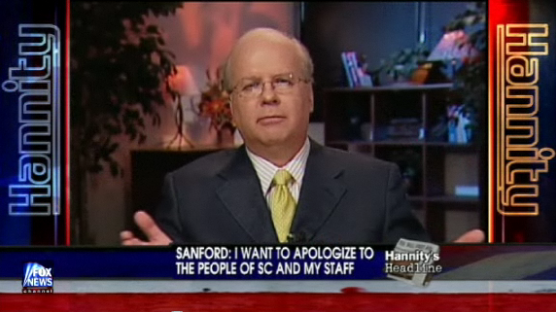Reid threatens to keep Congress into next year

Forget about going quietly into the night.
Senate Democrats on Tuesday unveiled a broad agenda for an end-of-session sprint that, in other years, could be a whole year's worth of activity — ranging from an arms-reduction treaty with Russia to a major immigration bill to overturning the ban on gay troops.
And that's not to mention the nearly 2,000-page, $1.1 trillion massive spending bill Senate Democrats said they'll try to push through. The bill contains hundreds of pork-barrel spending projects and new rules governing everything from airport baggage to detainees at the prison at Guantanamo Bay, Cuba.
"We're not through. Congress ends on Jan. 4," said Senate Majority Leader Harry Reid, Nevada Democrat.
The omnibus spending bill is likely to get the most attention, spanning 1,924 pages and spending an average of $575.13 million per page.
It stands in contrast to the House, which last week passed a streamlined bill freezing fiscal 2011 government spending at 2010's level. The Senate bill, though, boosts spending by $16 billion — a tough sell at a time when deficits and debt already are dominating the policy debate in Washington.
In some cases the spending bill not only rejects President Obama's proposed cuts, it actually boosts spending. For example, Mr. Obama earlier this year told Congress to cut funding for the health and welfare package targeting Mississippi's Delta region, which in 2010 received about $26 million. But the Senate bill includes funding and actually increases it to nearly $35 million in 2011.
Senators also picked up the slack for their House colleagues, whose bill was devoid of pork-barrel earmarks, by including House lawmakers' requests in the Senate's own bill. Still, earmarks total less than 1 percent of the bill's spending.
Sen. Daniel K. Inouye, Hawaii Democrat, who is Appropriations Committee chairman, said that doing a full omnibus bill will help make sure spending is targeted and appropriate.
"While I appreciate the work that the House has done in producing a full-year Continuing Resolution, I do not believe that putting the government on autopilot for a full year is in the best interest of the American people," Mr. Inouye said.
In a memo, the Appropriations Committee said the House approach fails to make $10.2 billion in cuts to wasteful military programs and also fails to increase spending for new needs that have popped up in the past year, such as more oversight of offshore oil-drilling rigs.
But the measure also takes care of smaller needs, such as specifically authorizing the secretary of health and human services to purchase six new government sedans.
The push comes as many lawmakers already are eyeing the door.
Mr. Reid, though, said Congress will stay until he tries to tackle issues he says have been unfairly stalled by the GOP.
"I hate to report all this to you — but you know, there's still Congress after Christmas," he told reporters. "So if the Republicans think that because they can stall and stall and stall that we take a break, we're through, we're not through."
I think this is a good time to say thank you to all those who voted for, supported or donated to the Campaigns of Harry Reid and Nancy Pelosi.
Senators from your State. * U.S. Government on Twitter * United States Capitol switchboard at (202) 224-3121
It’s Official: Our Leaders Have Lost Their Freaking Minds… or only care about their own agenda!! A lame-duck session gone wild!
![[Commentary]](http://s.wsj.net/public/resources/images/ED-AJ733A_rove_D_20090624191423.jpg) Chad Crowe
Chad Crowe